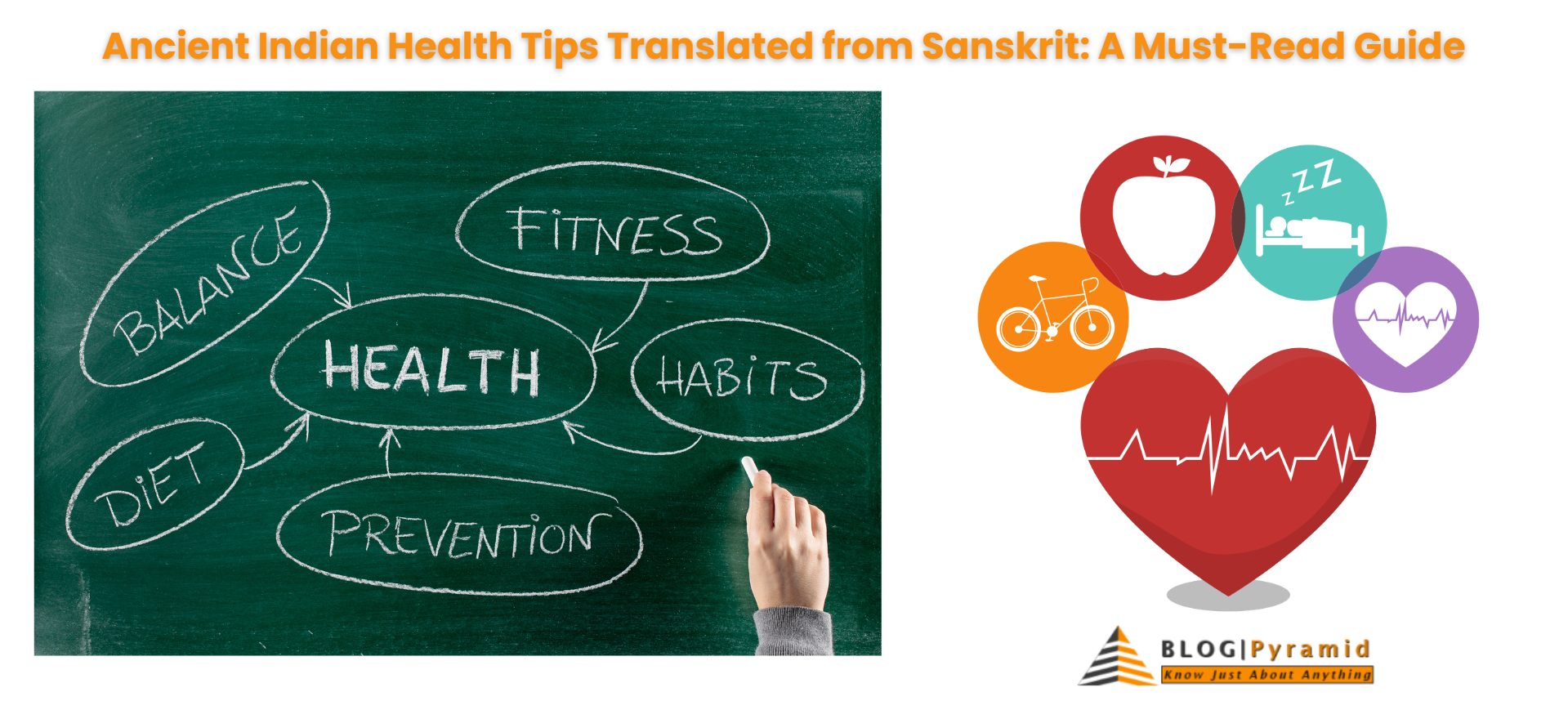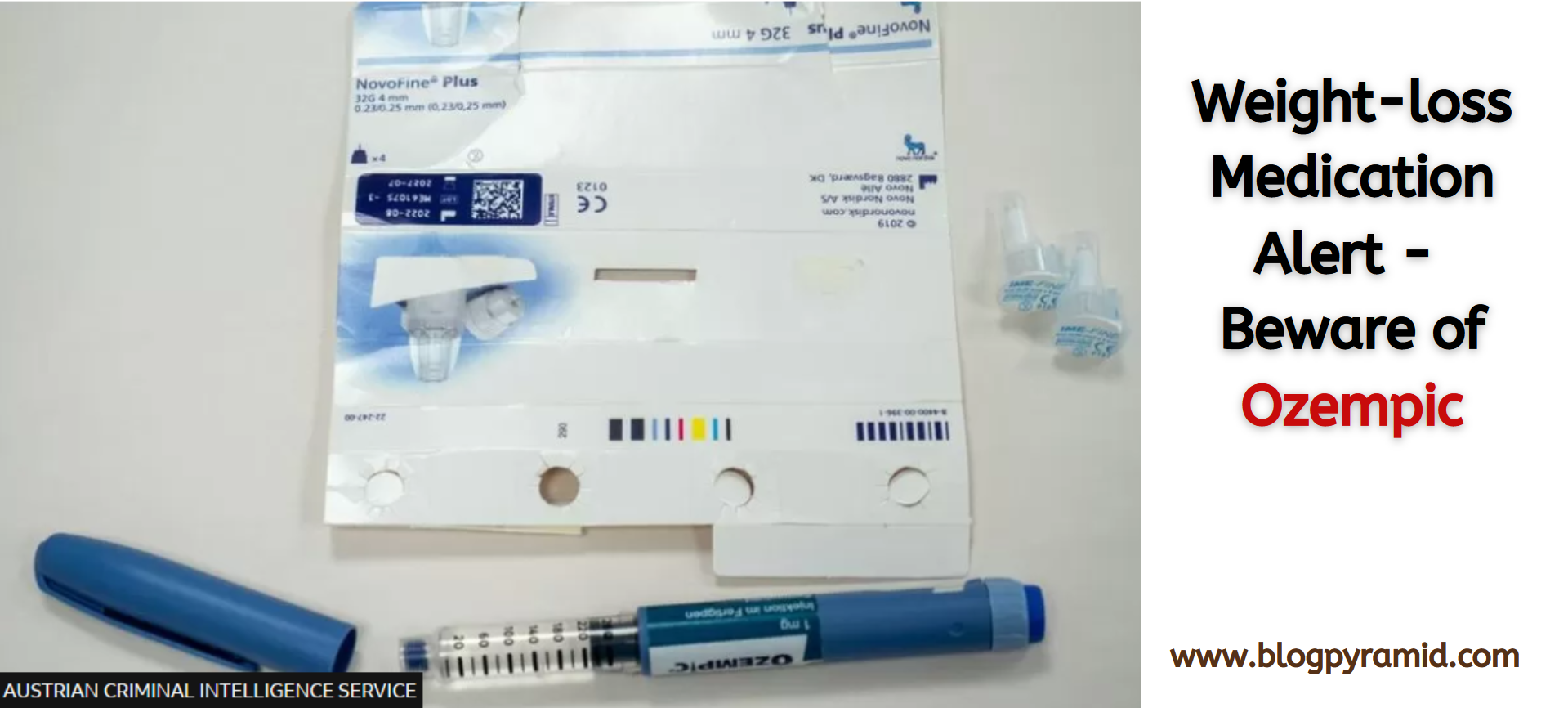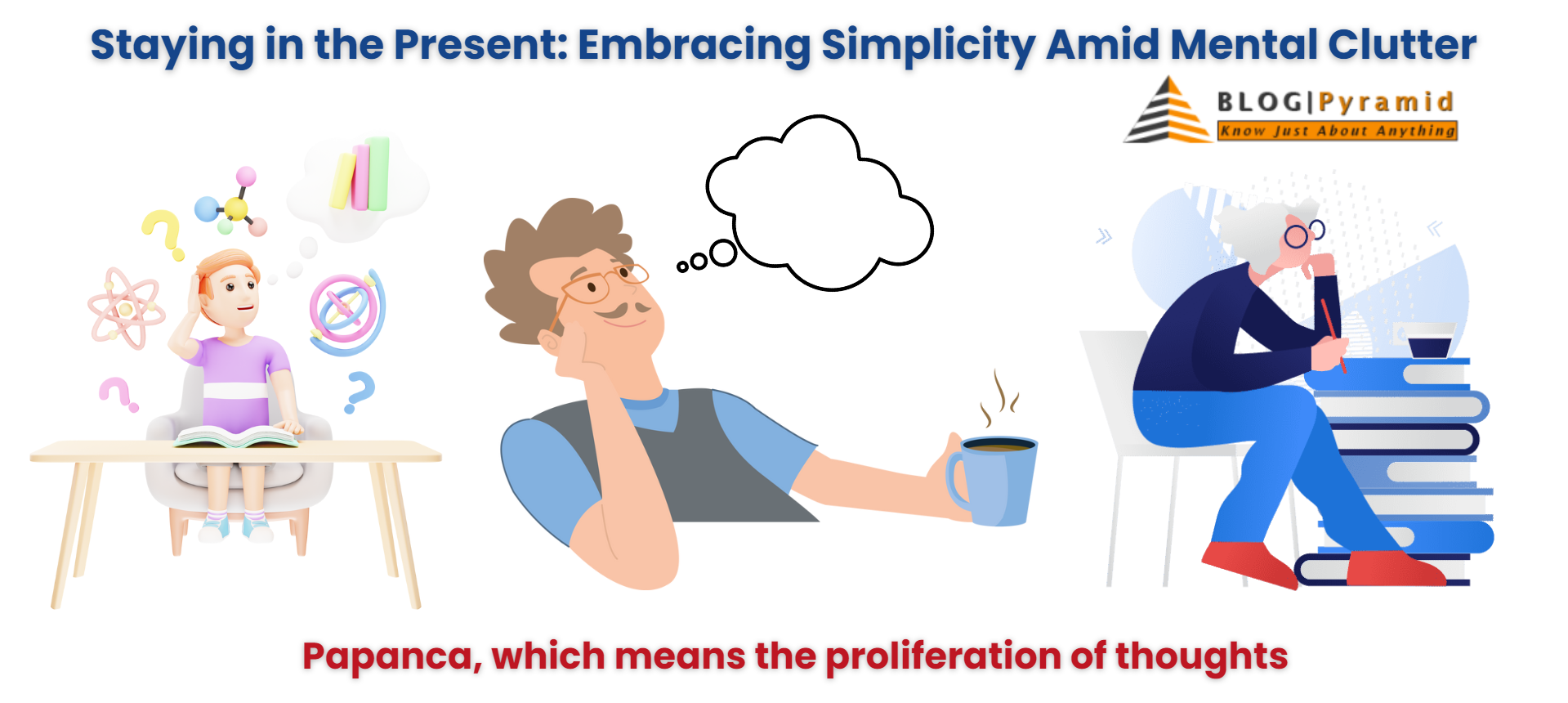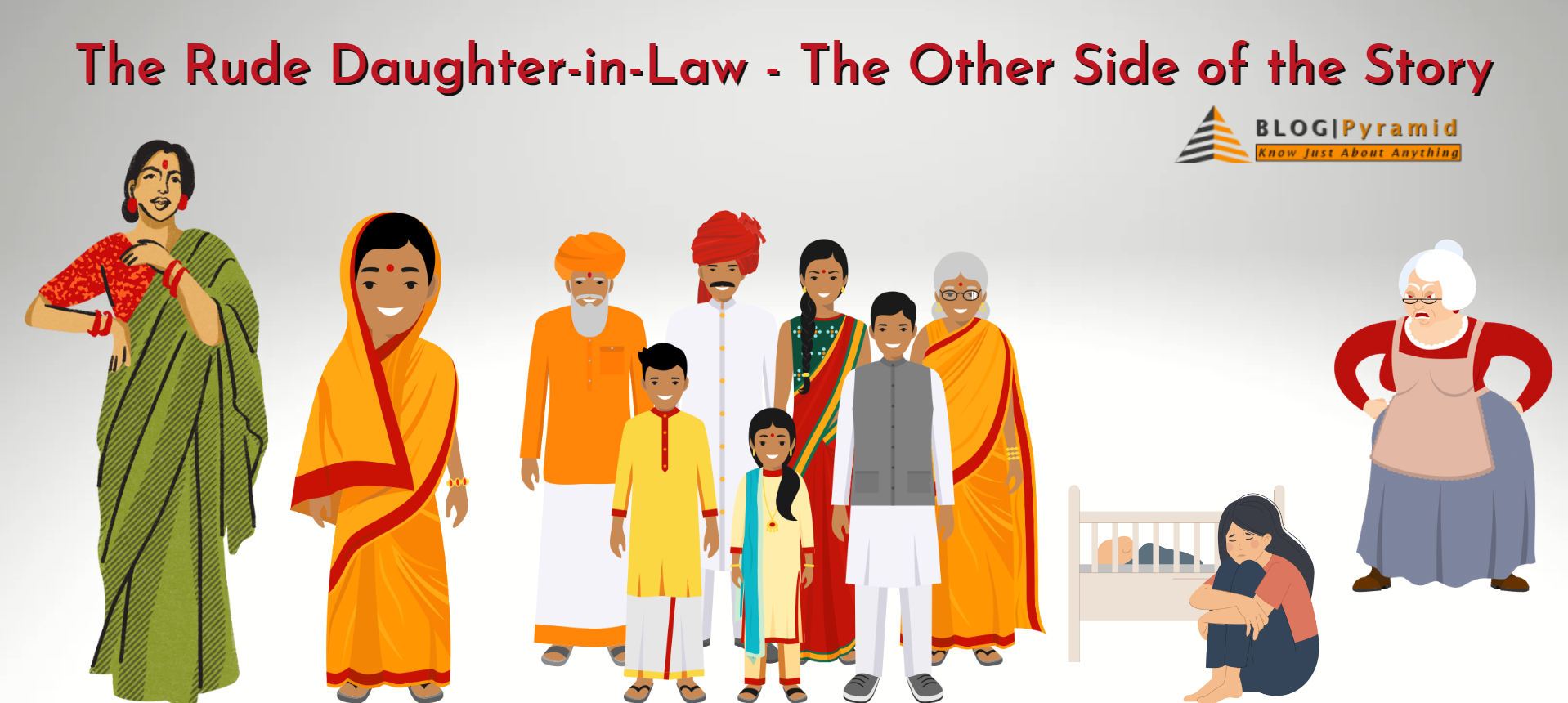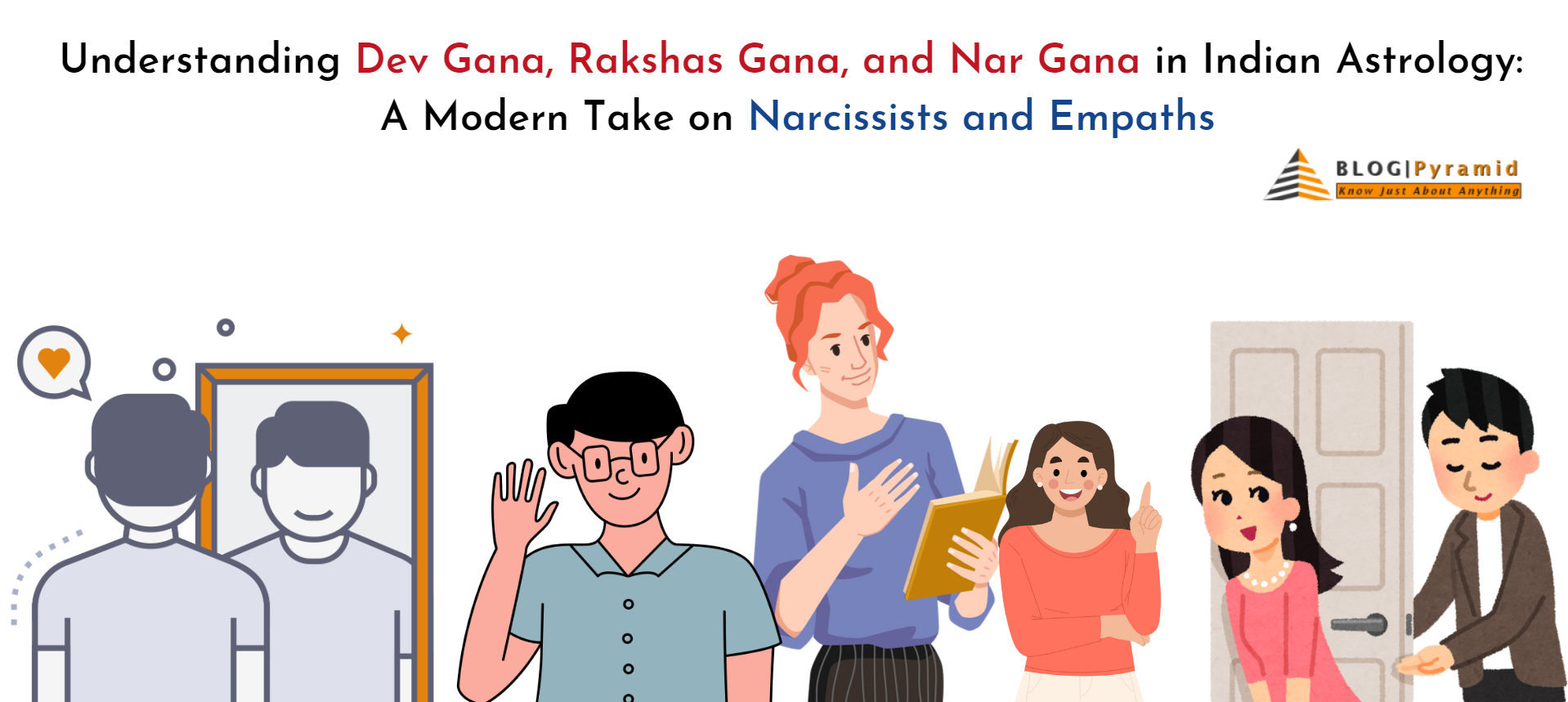People who suffer from anxiety tend to experience physical symptoms such as palpitations, tremors, sweating, gastrointestinal discomfort, diarrhoea, muscle tension, shortness of breath, blushing and confusion. The first step in diagnosing an anxiety disorder is to rule out a physical cause: asthma, diabetes, seizure disorder, inner ear problems and hypothyroidism can all produce symptoms associated with anxiety.
10 ways to cope with Anxiety
- Admit your need, and then seek professional help from health service provider or select health care centers specializing in handling such cases..
- Have a physician at specialized health department check for a physical cause of anxiety symptoms.
- Practise muscle relaxation and abdominal breathing regularly.
- Engage in regular physical exercise.
- Eat nutritiously take diet-chart from health nutrition specialists. Eliminate caffeine. Stop smoking.
- Practice meditation and creative visualization.
- Learn positive self-talk and disregard negative messages.
- Identify and express your fears.
- Determine what meditation and / or alternative therapies are right for you. Such alternatives are readily available at select heath departments.
- Explore the deeper side of your anxiety; give meaning to your suffering.


